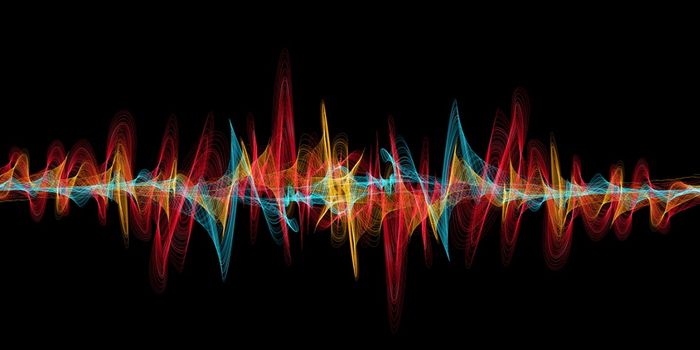People who Need Less Sleep may be Shielded From Neurodegeneration
Eight hours of sleep is typicallly recommended for most people, though research has suggested that many people aren't getting anywhere near that much on an average night. But that recommendation isn't true for everyone either. Because of genetic factors, there are some individuals that require as little as four hours of sleep to feel rested and well. Scientists have now found that those so-called elite sleepers are less likely to get a neurodegenerative disease compared to people who need a typical amount of slumber. This research, which has been reported in iScience, could help investigators learn more about preventing neurological disorders.
"There's a dogma in the field that everyone needs eight hours of sleep, but our work to date confirms that the amount of sleep people need differs based on genetics," explained study co-author Louis Ptacek, MD. Just like a physical feature that varies from one person to another, people need different amounts of sleep, added Ptacek.
This research team has been investigating Familial Natural Short Sleep (FNSS) for many years. People with FNSS prefer to get four to six hours of sleep a night, and this preference runs in families. So far, there are five places in the genome that have been linked to this 'ability' to sleep less but function normally; the researchers expect to find more regions of the genome that influence the amount of sleep a person prefers.
Co-senior study author Ying-Hui Fu, PhD, was interested in whether elite sleepers were less likely to experience neurodegeneration and were 'efficient' sleepers, particularly because it's typically thought that a lack of sleep is likely to promote neurodegeneration.
In this study, mice modeling elite sleep were bred with those modeling Alzheimer's disease; the researchers found that elite sleeper mice bred to develop Alzheimer's were less likely to show signs of dementia and neurodegeneration.
Now the researchers have suggested that elite sleep genes make sleep more efficient, and that they may confer other protections too. When sleep is improved, it may be possible to improve a variety of health issues. Learning more about how the body regulates sleep can also tell use more about how to treat sleep disorders. But this is a complex puzzle that will require a lot more work.
"Every mutation we find is another piece," said Ptacek. "Right now we're working on the edges and the corners, to get to that place where it's easier to put the pieces together and where the picture really starts to emerge."
Some of the genes that have been linked to elite sleep have led to the discovery of existing drugs that have the potential to be repurposed. If they are found to be effective, new treatments from this approach might be available within a decade.
"This work opens the door to a new understanding of how to delay and possibly prevent a lot of diseases," said Fu. "Our goal really is to help everyone live healthier and longer through getting optimum sleep."









